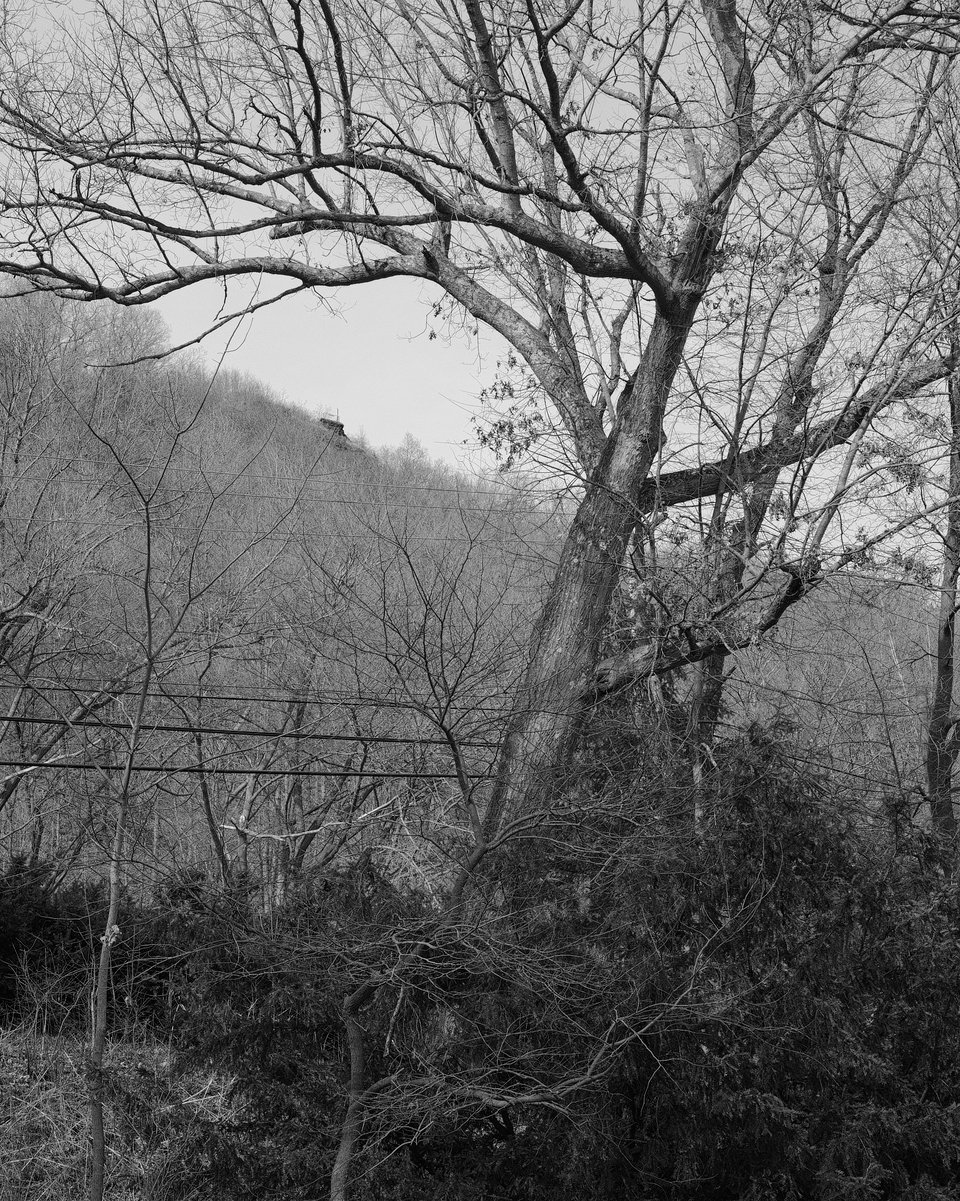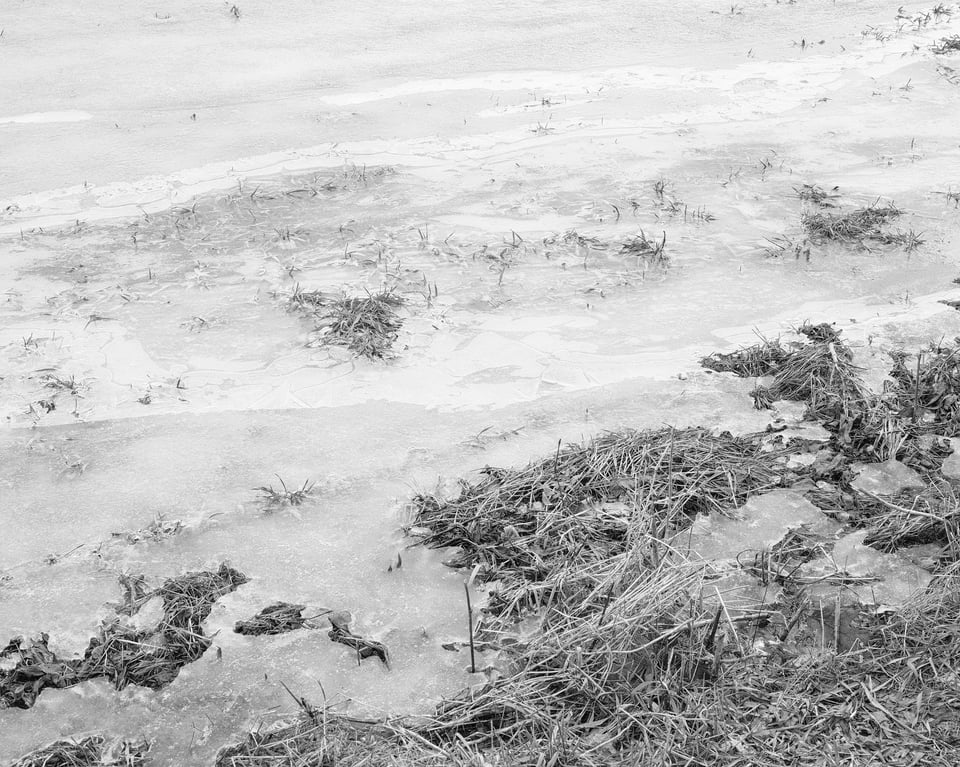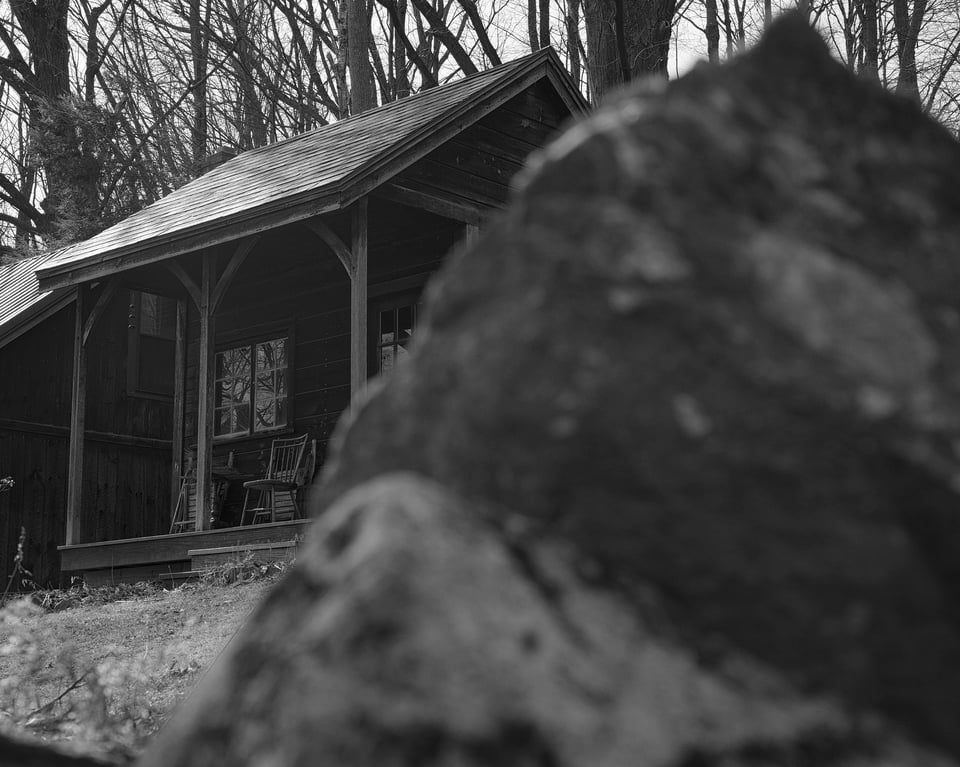here I am, compiling again
The other day, I thought I would go about writing these emails differently. Instead of compiling them in one go, I would add material to a draft as it came in: as I had an idea or as I came across something to share. But ideas often are just that: ideas. So here I am, compiling again.

In fact, I only saved one snippet of text that I thought I would use later. I still like the idea (of the text) so here it is:
You would use different words for the “without” if in Japanese you said “coffee without sugar, please” or “a hamburger without mustard, please”. I recently learned that in Japanese, there are two types of without: without something you add later (sugar in coffee) and without something that usually is included (mustard in a hamburger).
Because if you think about it, there is a difference between those withouts, isn’t there?
Here’s another example from Japanese: there are two words for “future” (well, there are two words I know, maybe there are more). There’s 未来 (mirai) and there is 将来 (shourai). Do the Japanese have two futures? Well, yes. There’s your (or someone else’s) subjective future, and there’s the more objective future (brief video).
In many ways, having to pick up different, seemingly more complicated expressions makes learning Japanese a drag. On the other hand, I truly enjoy that you can describe and think about the world in ways that I’m not familiar with.
I enjoy being exposed to thinking about the world in a different fashion. Maybe that’s why we should make learning far-away languages mandatory: It would expose us to different ways to describe the world, to think about the world.
That’s what good photography does, doesn’t it?
There are many different ways to see the same world; there are many different ways to describe the same world.

Even though this long article about Boris Mikhailov dances around the issues I have with the photographer’s Case History, it’s a very good introduction to his work.
“A number of AI video generators,” we are told, “mostly released by Chinese companies, lack the most basic guardrails that prevent people from generating nonconsensual nudity and pornography, and are already widely used for that exact purpose in online communities dedicated to creating and sharing that type of content.”
I can’t help but feel that we’ve moved very far from the original promise of the internet.
Can we get it back?
I don’t know.
I’ve recently noticed an uptick in the stories about how precarious the lives of artists are. Something appears to be seeping into the consciousness of the larger public, even as it might be too late now to salvage anything (maybe it is not?). And it’s not even just money: “According to new research into “the human toll and economic impact of injury”, nearly 80% of cast and crew members working in stage or screen productions have been injured at some point in their careers. The survey, conducted by the Injury Prevention Consultancy and shared with the Guardian, found that almost half of stage and three-fifths of screen performers have been placed in unsafe situations. Among crew, nearly three-quarters said that adhering to a show’s creative vision had compromised their safety, while only a quarter felt their wellbeing was regarded as a priority.”

This article about two recently released image-text books only references Roland Barthes and Susan Sontag. It still is a good read, even though I cannot express in words how tiresome it is to see these two trotted out time and again, regardless of whether there actually is any insight to be gained from quoting them (there usually is not).
There now is a movie about the life of Masahisa Fukase. I’ve heard good things about it. But honestly, I just can’t shake a strange feeling about it all. Here’s a review.
Of course, it’s called Ravens. But the movie’s visuals look pretty good, don’t they? (Then again, all trailers always look good.)
“As a person who grew up in Moscow in the 1990s on the rubble of the Soviet Union — a cynical vibe surrounded me,” Evgenia writes (there does not appear to be a last name). “It became dominant long before I could be cognizant of it. This vibe was the only thing I knew: pervasive cynicism, apathy, and a mockery of anything that wasn’t just about making money. There was the widespread belief that anything that sounded like a “do gooder” slogan had a hidden agenda behind it… that any politics that even vaguely tried to help people was a scam.” And then she proceeds to outline how she’s now finding that same atmosphere in the US today.
The ending is particularly good:
And one more thing. The newly nihilist crowd rejects the politicization of art, which they see as fake and bad. They champion pure entertainment and the aesthetization of politics — a position that leads them straight to unironically embracing fascism. Walter Benjamin, running away from the Nazi Germany, wrote about all this almost a century ago in his Art in the Age of Mechanical Reproduction. But who cares? It’s all so boring. He must’ve been just mentally ill.
The other day, I was thinking that I am feeling better. Maybe I’ll just file whatever afflicted me these past few months under “seasonable affective disorder”. The winter months were rough. I certainly did not enjoy being so devoid of motivation, being so emptied of my creative urges.
Now, I feel how they’re coming back. I already started a new art project, something that’s incredibly dumb (“Given the choice between an elegant idea and a dumb idea I'm going with the dumb idea.” - John Baldessari). But I’m enjoying the prospect of making this (I might tell you later what it is); I just have to wait for the materials to arrive in the mail.
Art making, being creative should be fun. Maybe not all the time (as nice as that would be), but some of the time. That’s how I noticed that something was off for me: I didn’t enjoy making anything. So I stopped making things altogether.
Every once in a while, a reader sends a little something my way. I can’t express in words how grateful I am for that. Thank you!
But I’m also grateful for your attention, for the fact that you decided to sign up for this Mailing List, even though there are no news, no awards, no achievements on my part.
Thank you for reading!
— Jörg